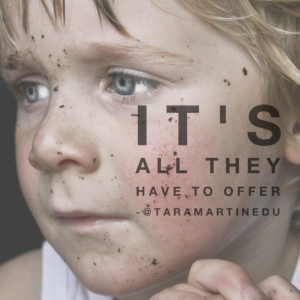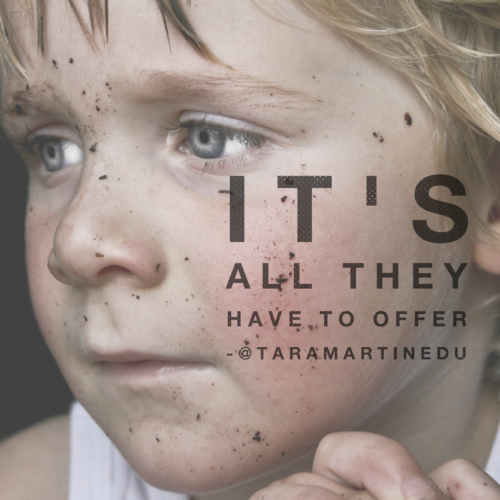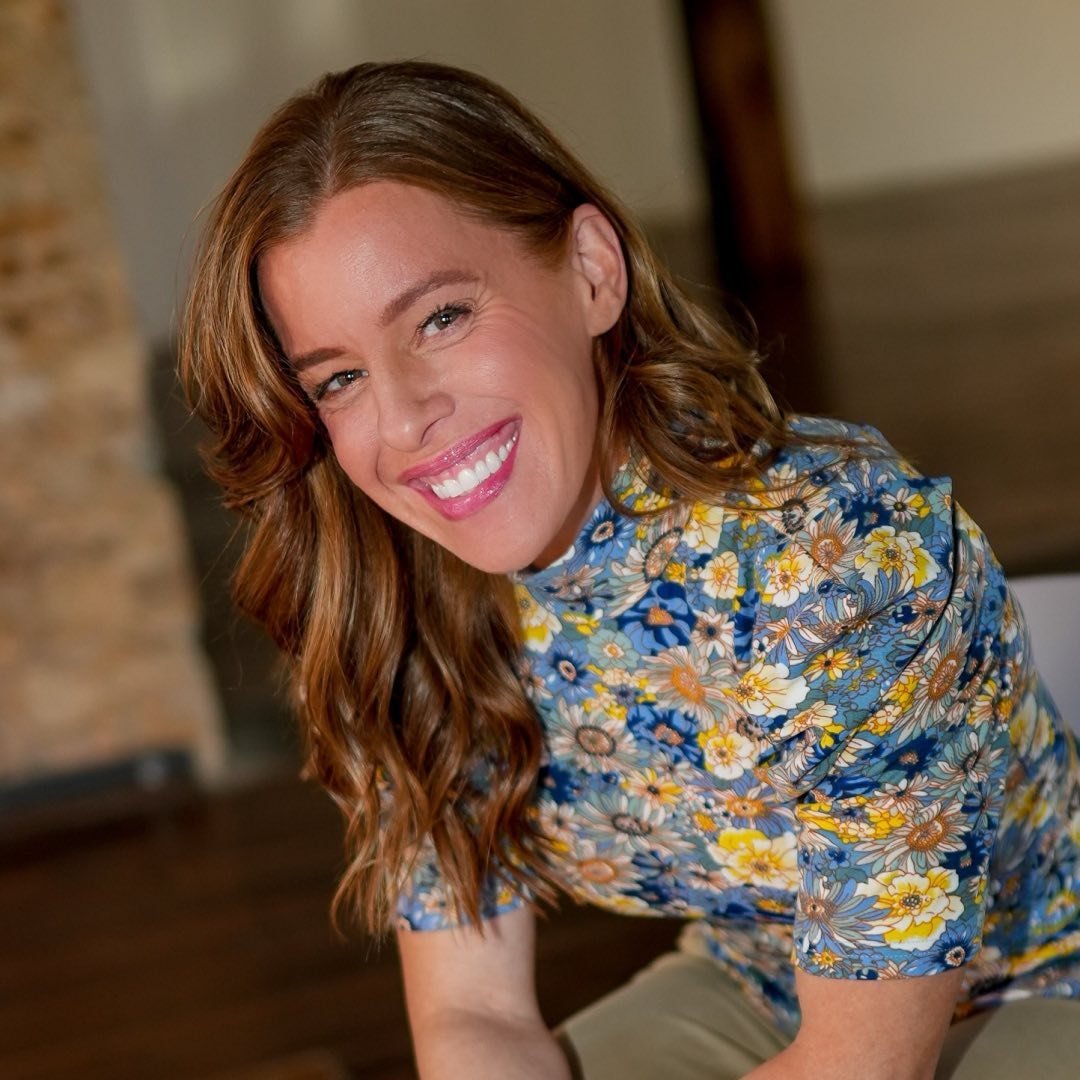Recently, I was visiting with a teacher and not long into the conversation; she said, “I can’t stand that kid! He’s hopeless. I don’t like him.” As you might imagine, my blood was boiling, but I remained calm and simply said, “As an exceptional educator, you don’t get to make that choice.” She immediately said, “What?! I can choose to like or not like whomever I want.” To which I replied, “Yes, you can. Anywhere but in your classroom. If you want to be an exceptional educator, you don’t have that option available. The children walk through your classroom just they way they are. They are bringing you the REAL them; it’s all they have to offer. It’s up to us as educators to find what makes that student curious and play to his strengths. We don’t get the choice to “not like a child” and write them off. Our job is to educate OUR future. Now that we are clear on our purpose let’s brainstorm ways to help this little fella succeed.”
 A Teacher’s Words Can Hurt
A Teacher’s Words Can Hurt
There are few things more disheartening than a teacher who allows their opinion to hinder a student from learning and growing, and there are few topics that tug on my heartstrings quite like this one. I vividly remember disturbing things that teachers said to me when I was a little girl. “You’ll never amount up to much.” In front of the whole class, “Tara, you need to take a bath if you don’t want to be the stinky kid.” “If you don’t learn to read, you’ll be a high-school dropout just like your dad.” “You wonder why you don’t have friends…really?” “Why are you lying your head down, this is important!” “Go to college? *laughter* Real funny!”
Do You Know The Why?
They didn’t seem to acknowledge the fact that I was bringing all I had to offer–the REAL me. What they didn’t know is that I had been up all night, because of numerous reasons completely out of my control. What they didn’t realize is that I was hiding bruises, and even through her stabbing comments, the school was a safe-haven for me. What they didn’t quite understand is that I wanted to learn and grow up and go to college so I could get a great job, because even at six years old, I desired to rise above the hurt and the lifestyle I knew as the “norm.”
So, when teachers say, “I don’t like that kid!” or anything that remotely means such things, it’s my duty to remind them of their role. If you are reading this and you are an educator, YOU have a tough job, but it’s our obligation to educate students, just the way they come to us. We don’t get to choose their starting point, but we can have a significant influence on their journey to success.
A few tips:
Don’t Take the Child’s Behavior Personally
It’s not about YOU! It’s about them. In fact, that student is probably not plotting at home how they might get on your nerves and make your day miserable. There are SO many factors of life these little people are dealing with daily. Quite honestly, even as adults, we wouldn’t cope nearly as well as they do. The fact of the matter is it is our job to show empathy and truly meet the child where they are. I’m not saying it will be easy, but I can honestly say I have NEVER “not liked” a child and wrote them off. Never. I refuse to.
What Makes Them Thrive?
Give the student a strengths survey or a reinforcement survey. Find out what interests the student and do everything possible to incorporate that in your lessons and with them one-to-one. (Click the links to find a few examples.)
Learn Everything You Can About the Child
Relationships are the key foundation to success. Without relationships, our efforts are built on sinking sand. The more we understand our end-users and all stakeholders involved, the more we can see and learn from multiple perspectives. I’m almost convinced THIS is the magic ingredient in this life no matter your field.
Believe the Student Will Beat ALL Odds
Sometimes all a student needs is someone to believe in them. Then, they move mountains. My second-grade teacher was this teacher for me. Mrs. Shelton didn’t think I was incapable of learning. She had no doubts she could teach me to read and advocated NOT to have me tested for special services. Guess what?! She did it. She TAUGHT me to read with a little extra instruction before school. After a few months, I grew two academic years by the end of second grade and have never struggled educationally since. The difference between first grade and second grade was life-changing, and it all began when a teacher refused to give up on a little girl who may not have had everything going for them but brought all she had to offer to school each day–the REAL me.
Let’s be the “Mrs. Sheltons” of the world. Our students deserve it, and quite frankly, IT’S OUR JOB!


